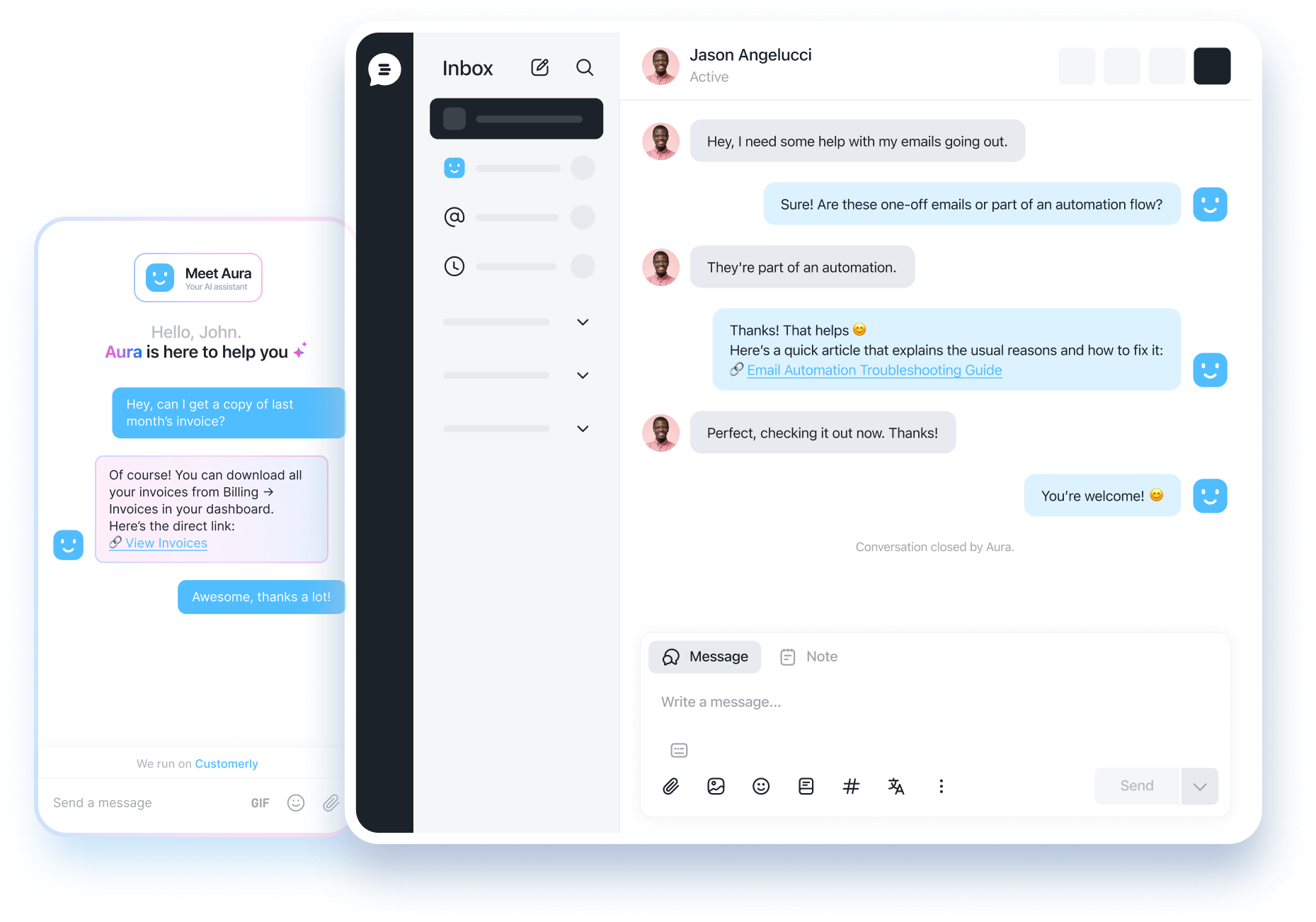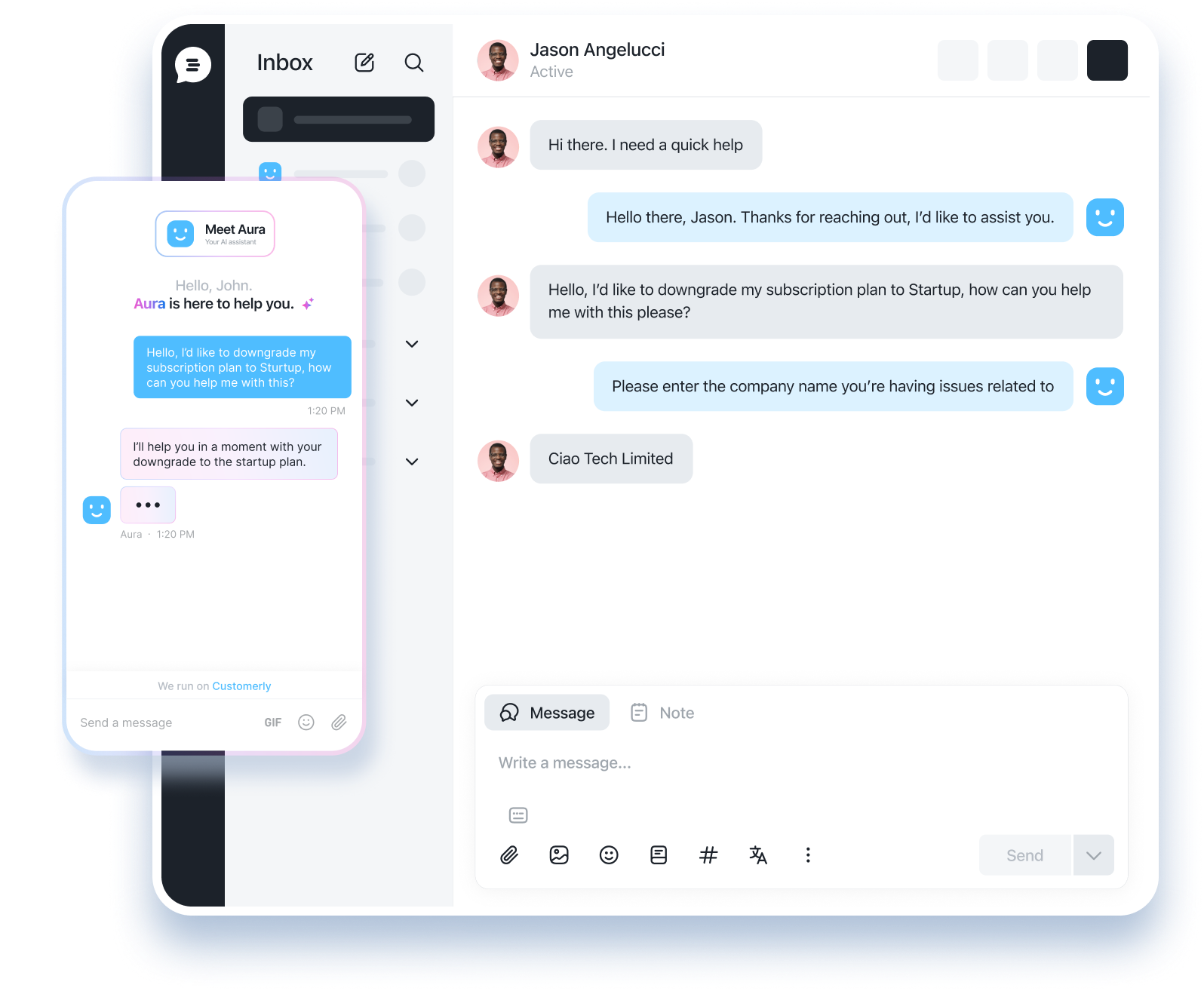

AI Agent
An AI Agent is a software entity that autonomously performs tasks by perceiving and acting upon its environment, mimicking human decision-making processes. Widely used across industries for automation and complex problem-solving.
Definition
An AI Agent is a software entity that performs tasks autonomously by perceiving its environment through sensors and acting upon that environment using actuators. AI agents are designed to mimic human-like decision-making processes, learning from data, and improving over time. They are a core component in the field of artificial intelligence, enabling machines to operate in dynamic and complex environments without direct human intervention.
Usage and Context
AI agents are used in various applications ranging from simple automation tasks to complex problem-solving scenarios. In the business world, they can automate customer service through chatbots, manage supply chains, or even trade stocks. In healthcare, AI agents assist in diagnosing diseases, personalizing treatment plans, and managing patient data. In autonomous vehicles, AI agents are responsible for interpreting sensor data, making driving decisions, and ensuring safety on the road. The versatility of AI agents makes them applicable in virtually any industry that requires data-driven decision-making.
FAQ
What is the difference between an AI Agent and a chatbot?
A chatbot is a specific type of AI agent designed primarily for conversational purposes. While all chatbots are AI agents, not all AI agents are chatbots. AI agents encompass a broader range of functionalities beyond conversations.
How do AI Agents learn?
AI agents learn through techniques such as machine learning and reinforcement learning. They use data to improve their decision-making processes over time, adapting to new situations and optimizing their performance.
Are AI Agents safe to use?
AI agents are generally safe when designed and used responsibly. However, they can pose risks if not properly managed, such as privacy concerns and unintended biases in decision-making. Ensuring ethical AI practices is crucial.
Related Software
There are numerous software platforms for developing AI agents, including TensorFlow, PyTorch, and IBM Watson. These tools provide the necessary frameworks for building, training, and deploying AI agents across various applications.
Benefits
AI agents offer numerous benefits, including increased efficiency, accuracy, and cost savings. They can handle repetitive tasks, allowing humans to focus on more complex and creative work. AI agents also provide valuable insights by analyzing large datasets at speeds beyond human capability.
Conclusion
AI agents represent a significant advancement in the field of artificial intelligence, offering transformative potential across industries. As technology continues to evolve, AI agents will become increasingly sophisticated, driving innovation and improving operational efficiencies worldwide.

AI Support That Sets You Apart.
Start Leading Today.













